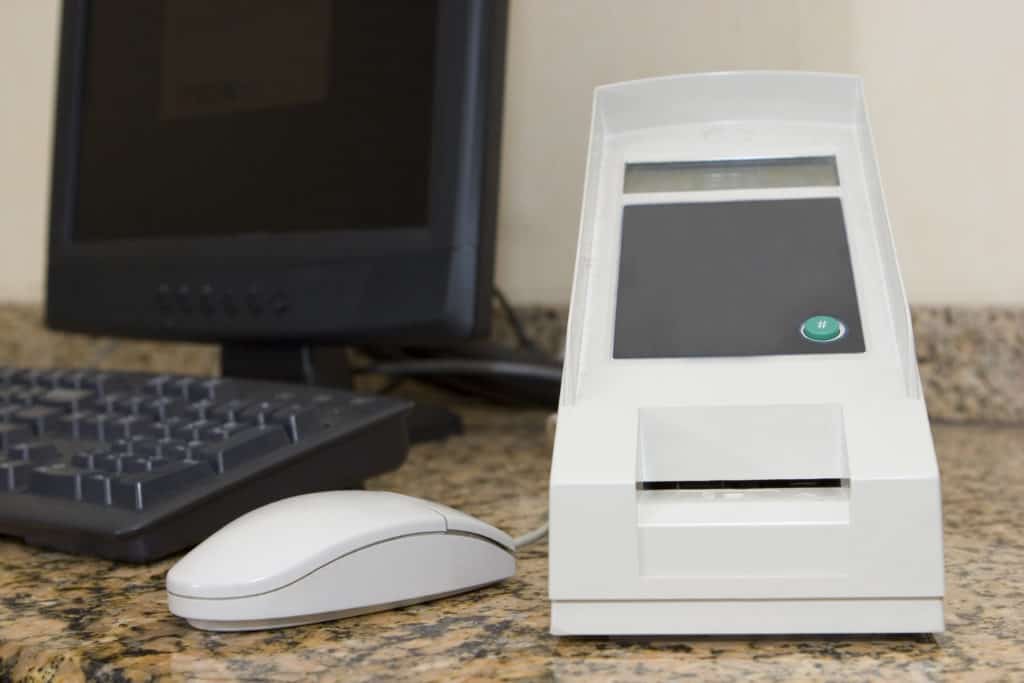This client is a manufacturer of fresh food products and has a retail chain with 9 locations in Ireland.
Inspiration was engaged by the client in mid-2018, with a view to partnering the business on their digital transformation journey over the long-term and we continue to develop their assets and capabilities in this context.
To support this project, the client secured funding through Enterprise Ireland and Inspiration assisted in this application process, as we have been on the panel of approved suppliers for eMarketing funding for many years.
At the outset, the client had a simple, stand-alone brochure website, no inhouse digital expertise and no formal strategy to embrace eCommerce opportunities. However, the management team were well aware of the need to move forward with a transactional site and Inspiration was appointed to guide the business successfully through to achieving this goal, thereby opening this new route to market.
The project evolved into a 6-phase process as outlined below:
Phase 1: Review & Analysis
Extensive preliminary research was carried out initially under three main areas:
1. The Market
We analysed the clients current positioning within the market, the competitive landscape and the client’s buyer personae. As a result of this research, we were able to identify the right online media to reach both existing customers and new markets.
2. Internal Skillsets
As part of the preliminary research, we benchmarked the current internal skillsets around the use of digital marketing media. This allowed us to identify key staff who already had some untapped capabilities e.g., in terms of social media marketing and it helped us assess the skills gap. We also scoped the required training and related assets that would be needed internally to support digital initiatives into the future.
3. Current Business Processes
Inspiration reviewed the existing operational processes and the level of integration with technology e.g. how bespoke food orders taken by the retail branches were transferred into the kitchen at H.Q. etc. We identified a number of manual processes that could be automated in the future as part of an extended digitisation project. These operational considerations were taken into account when specifying a suitable eCommerce platform.

Phase 2: Development of eCommerce Capabilities
The next step was the UX design and development of a transactional site, which was implemented on WordPress with Woo Commerce. Luckily, this website went live in January 2019.
In the event, when the Covid-19 Pandemic began, business operations were able to continue despite the retail stores being closed intermittently – the closed outlets used window signage to direct customers to the website. Some retail employees were also re-assigned to help fulfil online orders.
On top of that, a new trend emerged with the diaspora (adult off-spring) buying weekly meal selections for their elderly parents – who were confined to home. This was an entirely new “export” market, and it opened our clients’ eyes to the extensive opportunities available through online sales.
However, at this stage there continued to be a lot of manual processes; orders for the kitchen were transferred manually into a spreadsheet, data was transferred to the courier, DPD, through manual inputting of the information on Woo into the Courier software etc
Phase 3: Upskilling of Internal Team
Initially the site maintenance was done entirely by Inspiration as training etc was put on hold during the uncertain times of Covid. However, before the end of 2020, extensive upskilling and training sessions were carried out with the staff so that they could successfully maintain and manage the new ecommerce website internally. We implement these training sessions initially in live one-on-one and group Zoom sessions. This allows the client to be able to interact directly with the trainer and ensure they are going at a pace that works for them.
Additionally, we supplied a library of Loom videos, which are screen recordings with a voice over, giving specific step by step tutorials on how to perform the various tasks. Loom videos are ideal as a reference tool for clients and to use in the training of future employees.
Phase 4: Review of Integration Options
In 2021 the client was in a position to revisit the integration of digital technologies in order to streamline their business processes. As this was almost two years after our original research had been carried out, we revaluated our original findings, and we conducted further research into newer digital tools that were now available.
During this phase we scoped and specified two digital integrations which would improve productivity and streamline business processes – the integration of Woo orders with the EPOS system so that these would automatically transfer to the kitchen for production, and the integration of delivery requirements data with the DPD courier system.

Phase 5: Integration of Shopping cart with Couriers
Label generation had become a labour-intensive chore and as data was input manually, it was prone to errors. As sales volumes increased, many dozens of labels a day needed to be manually input into the courier’s system to be printed and to schedule deliveries.
We worked closely with DPD and Shipmate to facilitate the integration of these systems, delivering a significant improvement to business processes. There were two elements involved – one being the integration of the software with the ecommerce website and the second being the installation of the label printer onsite. This allows the client to automatically print labels as orders are placed as well as automatically notify the courier a collection is required.
This improved efficiencies and freed up human resources to focus on other areas of the business.

Phase 6: Integration with Kitchen Scheduling System
This involves the integration of the EPOS system with Woo for the smooth and combined transfer of retail and eComm orders into the kitchen for production – on an automated basis. This project is at the planning stages and again once realised, it will deliver significant gains in productivity and efficiency.
Conclusion
Inspiration has worked in partnership with this client to bring significant efficiency gains through digitisation. In the event the timing of this project proved highly beneficial as it meant the business could be sustained through retail closures.
The client has also seen the export opportunities available to it into the future and the business is currently building a division of non-ambient products on the eCommerce store e.g.; artisan gifts which will be suitable for export marketing in coming years.


